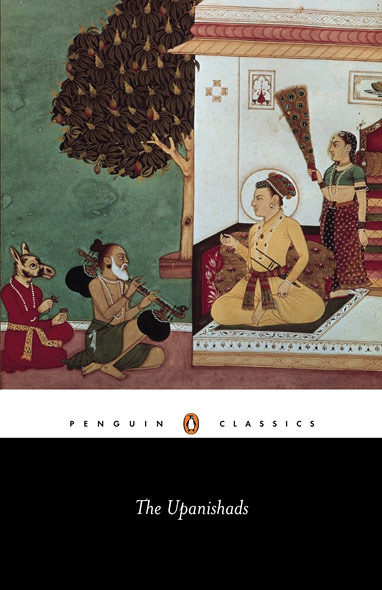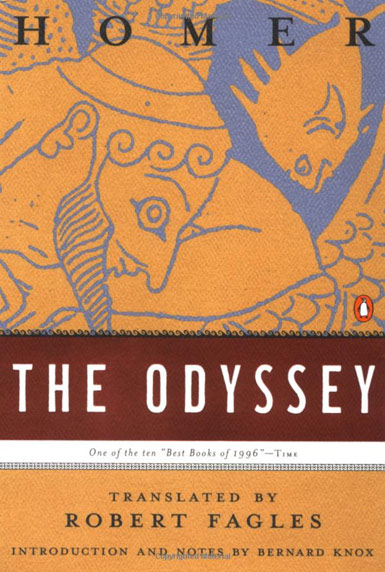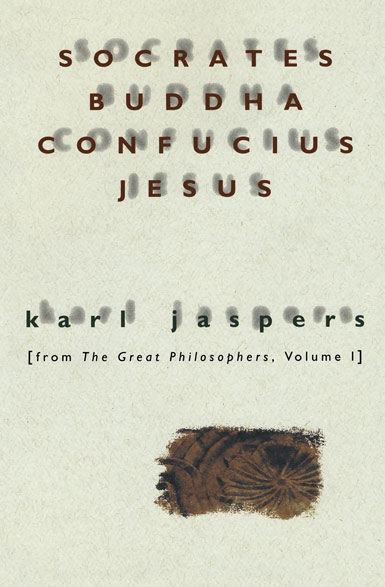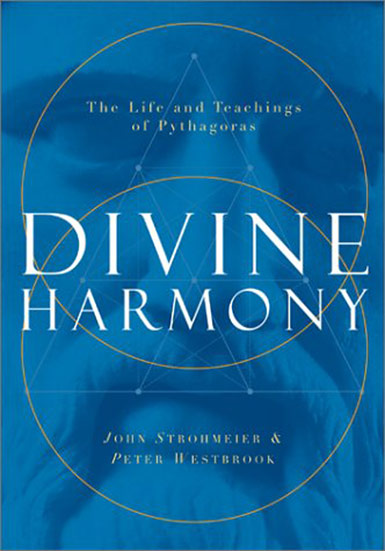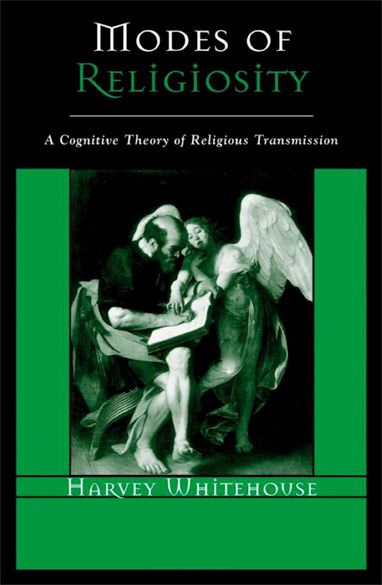
Modes of Religiosity
A Cognitive Theory of Religious Transmission
By Harvey Whitehouse
Religions―whatever else they may be―are configurations of cultural information reproduced across space and time. Beginning with this seemingly obvious fact of religious transmission, Harvey Whitehouse goes on to construct a testable theory of how religions are created, passed on, and changed.
At the center of his theory are two divergent “modes of religiosity:” the imagistic and the doctrinal. Drawing from recent advances in cognitive science, Whitehouse’s theory shows how religions tend to coalesce around one of these two poles depending on how religious behaviors are remembered. In the ‘imagistic mode,’ rituals have a lasting impact on people’s minds, haunting not only our memories but influencing the way we ruminate on religious topics. These psychological features are linked to the scale and structure of religious communities, fostering small, exclusive, and ideologically heterogeneous ritual groupings or factions. In the “doctrinal mode,” on the other hand, religious knowledge is primarily spread through intensive and repetitive teaching; religious communities are contrastingly large, inclusive, and centrally regulated. While these tendencies have long been recognized in the history of the study of religion, the modes of religiosity theory is unique in that it explains why these tendencies exist. More importantly, Whitehouse does not give the final word, but invites us to join a series of collaborative networks among anthropologists, historians, archaeologists, and psychologists, currently trying to falsify, confirm, or refine the theory. Are you tired of the flood of descriptions and interpretations of religions which offer no clear strategy for evaluation, comparison, and testing? Modes of Religiosity can provide you with a new way to think when you think about religion.
Category: Axial Age Thought
Subjects: cognitive psychology, religion, ritual theory
- All Books by Section
- Our Contributors' Book Reports
- Books Referenced in Human Journey Sections:
- Journey of the Human Mind
- Discovering Our Distant Ancestors »
- The Evolution of Language
- Ideas that Shaped Our Modern World »
- Paleolithic Beginnings
- Connecting with the Gods
- Axial Age Thought
- Origins of Christianity
- Origins of Islam
- The Journey of Classical Greek Knowledge to the Western World
- Stories and Storytelling
- Tools and the Development of Contemporary Society »
- A Sustainable Planet
- The Changing World Economy »
- Health and Education in the Modern World »
- Our Mind in the Modern World »


